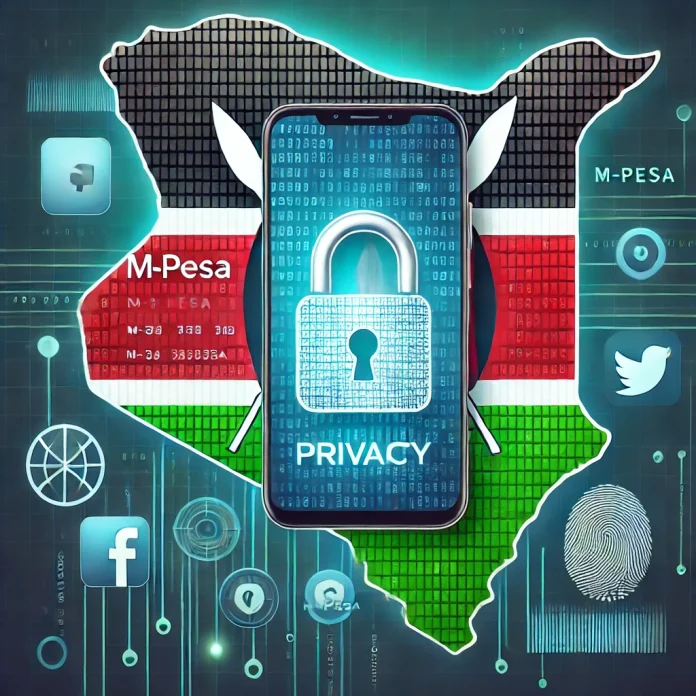Top 10 Ways to Protect Your Online Privacy in Kenya (with Practical Tips and Resources)
In today’s digital era, protecting your online privacy is more important than ever. With increasing use of mobile banking, social media, and digital services in Kenya, your personal information is a valuable target for hackers and scammers. Fortunately, with the right tools and habits, you can safeguard your digital footprint. Here’s your guide to staying secure—served with a touch of humor and handy resources!
- Use Strong, Unique Passwords
Don’t use “123456” or your pet goat’s name! Create complex passwords and store them with managers like Bitwarden (bitwarden.com) or 1Password (1password.com). - Enable Two-Factor Authentication (2FA)
Add a security layer with 2FA—platforms like M-Pesa and Equity Eazzy Banking support it. Learn more at support.safaricom.co.ke. - Be Cautious with Public Wi-Fi
Public Wi-Fi is like a crowded matatu—convenient but risky! Use a VPN like ProtonVPN (protonvpn.com). Check safety tips from cybersecuritykenya.go.ke. - Use Encrypted Messaging Apps
Secure your chats with apps like Signal (signal.org) or WhatsApp. Explore safety tips at consumer.ftc.gov. - Limit Social Media Sharing
Adjust privacy settings on platforms like Facebook (facebook.com/privacy) and Instagram. Get guidance from staysafeonline.org. - Keep Software and Devices Updated
Enable automatic updates—no “remind me later”! Learn more at cybersecuritykenya.go.ke. - Use Privacy-Focused Browsers and Search Engines
Switch to private browsers like Brave (brave.com) or DuckDuckGo (duckduckgo.com). - Block Trackers and Clear Cookies
Use tools like uBlock Origin (ublockorigin.com) or Privacy Badger (eff.org). Find more resources on eff.org. - Monitor Your Online Accounts
Check if your data has been breached via Have I Been Pwned (haveibeenpwned.com). Set up alerts with your bank and email providers. - Review App Permissions
Revoke unnecessary permissions—why should a flashlight app need your contacts? Find privacy tips at consumer.ftc.gov.
Conclusion:
Online privacy isn’t just for tech experts—it’s for everyone. By taking these simple but effective steps, you can reduce your digital risks and enjoy a safer online experience. Whether you’re protecting your M-Pesa account or social profiles, staying informed and proactive is key. For local support and updates, reach out to info@cybersecuritykenya.go.ke or visit cybersecuritykenya.go.ke. Stay safe, stay sharp, and happy browsing—Kenyan style! 🇰🇪





